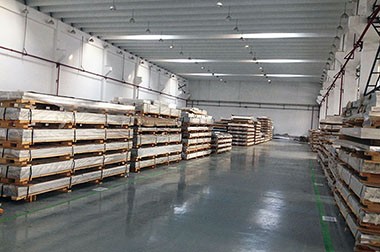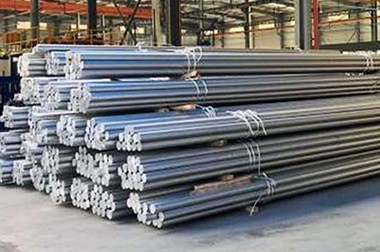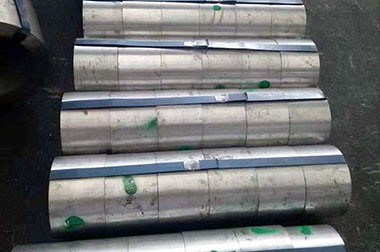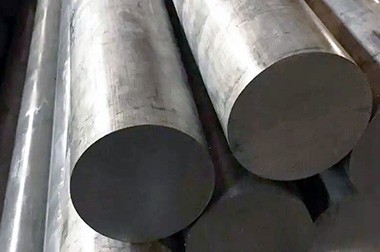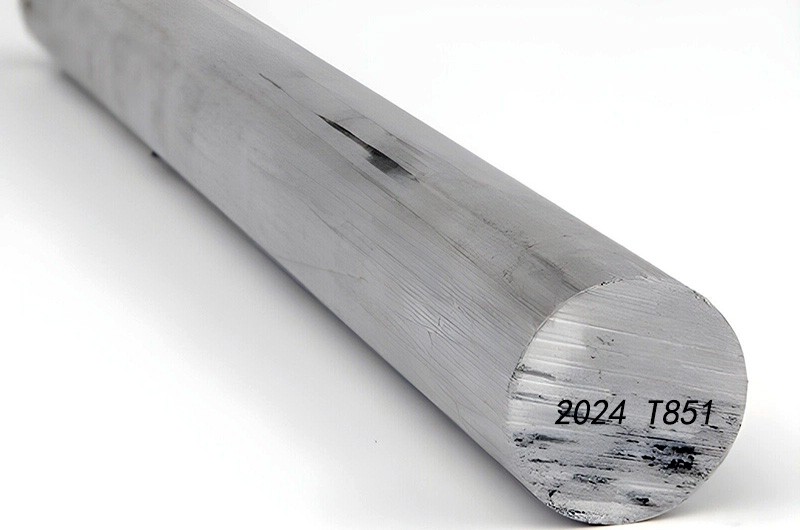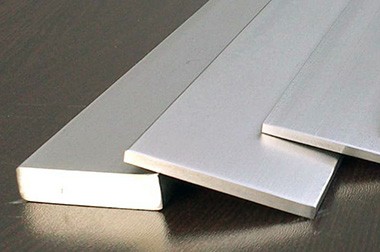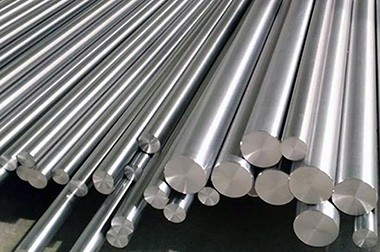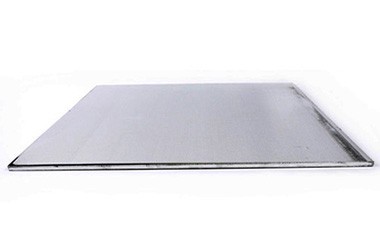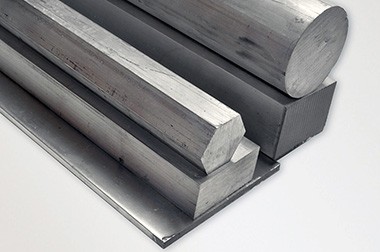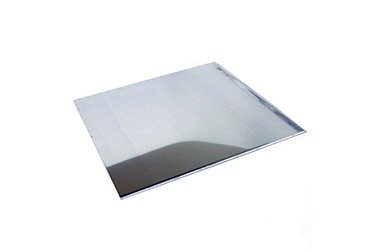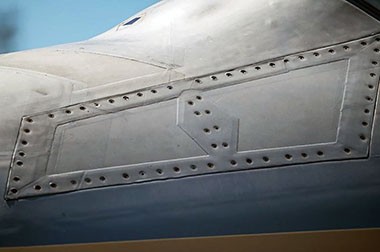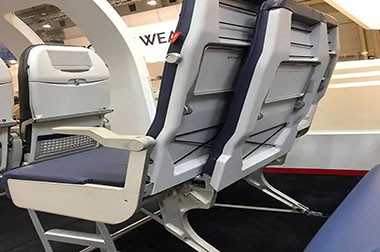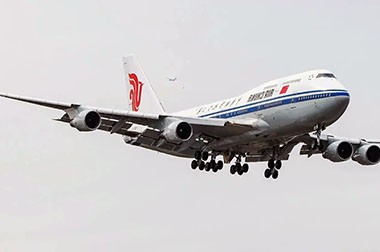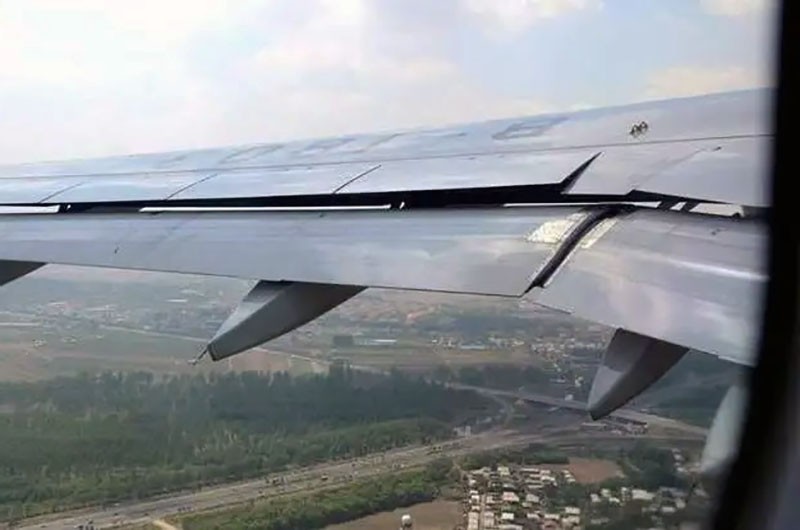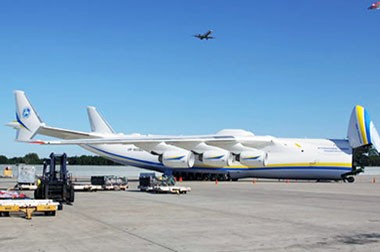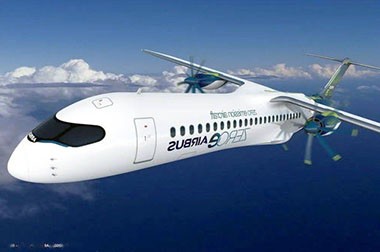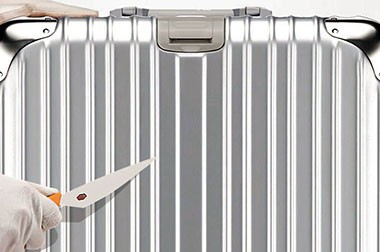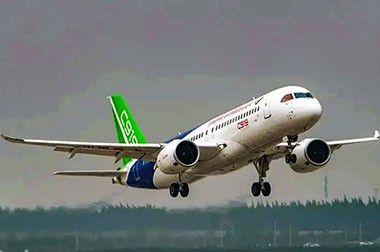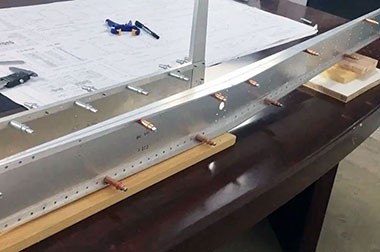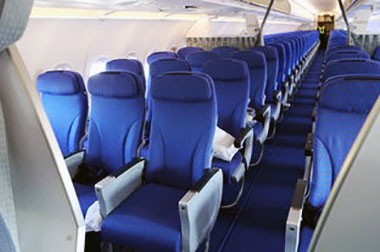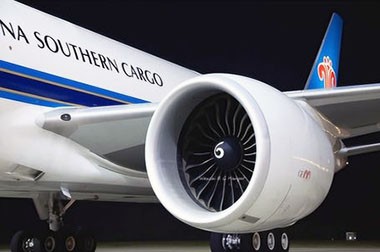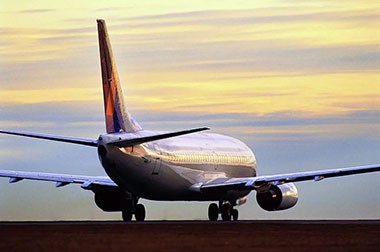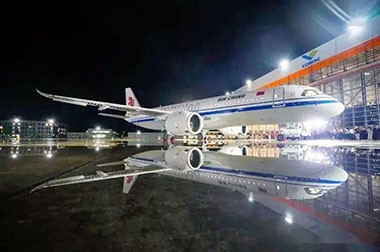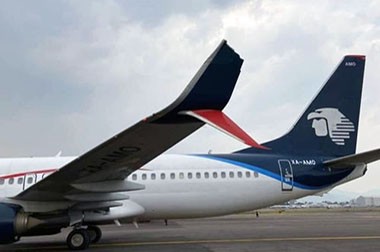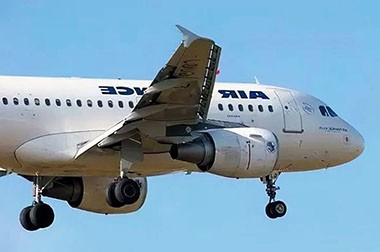2024 Aerospace Aluminum for Engine Cowl Skins
In the design of engine cowling, 2024 aluminum alloy is commonly used for the outer skin. This outer skin not only needs to withstand high temperatures and vibrations from the engine but also must possess good aerodynamic properties to optimize airflow and reduce drag.
Why Choose 2024 Aluminum for Aircraft Engine Cowling Skins
The advantages of 2024 aerospace aluminum for engine cowling skins lie in its excellent strength-to-weight ratio, allowing it to provide the necessary structural strength while remaining lightweight. Additionally, 2024 alloy exhibits good high-temperature performance, enabling it to withstand the high-temperature environment during engine operation. Its high fatigue strength and corrosion resistance also ensure reliability over long-term use. These characteristics make 2024 aluminum an ideal choice for aircraft engine cowling, effectively protecting internal components while optimizing airflow.
Characteristics of 2024 Aerospace Aluminum
1. High Strength and Lightweight
Strength-to-Weight Ratio: 2024 aluminum alloy is known for its high tensile strength and low density, providing an excellent strength-to-weight ratio. This allows for a significant reduction in the overall weight of the aircraft while ensuring structural integrity, thereby enhancing fuel efficiency and flight performance.
2. Excellent High-Temperature Performance
2024 aluminum alloy performs well in high-temperature environments, able to withstand high temperatures during engine operation, ensuring the stability and reliability of the skin. This high-temperature resistance is crucial for preventing material deformation and maintaining structural integrity.
3. Good Fatigue Performance
2024 aluminum alloy has excellent fatigue strength, capable of withstanding repeated loads generated during engine operation, ensuring that it maintains good performance even after prolonged use.
4. Workability
2024 aluminum alloy is easy to process and form, suitable for the manufacture of complex shapes, meeting various design requirements for engine cowling. Additionally, its good weldability allows for efficient connections during the manufacturing process.
5. Corrosion Resistance
Although 2024 aluminum alloy has relatively low corrosion resistance, its anti-corrosion capabilities can be significantly enhanced through proper surface treatments (such as anodizing) to adapt to various corrosive factors encountered in the aerospace environment.
Haomei Aluminum can produce 2024 2A12 T3 T4 T351 T851 aircraft aluminum plates, and the products comply with AMS and EN standards.
- Bare aircraft aluminum sheet plate standards: QQ-A-250/4, AMS 4035, AMS 4037, AMS 4027, FMS 10101
- Clad aircraft aluminum sheet plate standards: QQ-A-250/5, AMS 4040, AMS 4041, BMS 7-305
- Aluminum plate certifications: AS9100, OHSAS 18001, ISO 14001, ISO 9001, NADCAP HT, NADCAP NDT, IATP 16949
2024 high-strength aluminum alloy is used as the material for engine cowling skins, fully leveraging its superior strength, lightweight properties, and high-temperature resistance. Its application not only enhances the structural strength and aerodynamic performance of the engine cowling but also provides important assurance for the safety and reliability of the aircraft.
Specs of 2024 aluminum sheet plate
| Alloy | 2024 |
| Temper | O, T3, T4, T351, T851, T81, H112 |
| Thickness | 0.5mm-300mm |
| Width | 500-2650mm |
| Length | 500-12000mm |
| Standard | GB/T3880, GJB1541, GJB2662, STMB209, EN485, QQ-A-250/4, AMS 4035, AMS 4037, FMS 10101, QQ-A-250/5, AMS 4040, AMS 4041, BMS 7-305 |
Chemical composition of 2024 Aluminum Alloy
| Chemical Composition | 2024 Alloy |
| Si | 0.5 |
| Fe Cu | 0.5 |
| 3.8 - 4.9 | |
| Mn | 0.3-0.9 |
| Mg | 1.2-1.8 |
| Cr | 0.10 |
| Ni | |
| Zn | 0.25 |
| Ti | 0.15 |
| Zr | - |
| Al | Remainder |
Users viewing this material also viewed the following
-
2024 T3 T4 Aerospace Aluminum Sheet Plate
2024 T3 and T4 aluminum alloys are high-strength materials and are suitable for structural parts that require high strength and low weight, but they have certain limitations in corrosion resistance and weldability.
-
2024 T3 T351 Aerospace Aluminum Rod Bar
2024 aluminum bars and rods excel in high-strength, lightweight applications but require corrosion protection. Their performance varies significantly with temper, making them versatile for aerospace, automotive, and industrial uses.
-
2024 Aerospace Aluminum Forging
The aerospace sector also chooses forged 2024 aluminum alloy for its outstanding fatigue resistance, especially in structural components that must endure repeated loads.
-
2024 Aerospace Aluminum Extrusion
In terms of processing, 2024 aluminum is typically formed through hot extrusion, making it suitable for manufacturing complex-shaped profiles such as frames, brackets, and components.
-
2024 Aluminum Round Bar is an aluminum alloy round bar with excellent strength and fatigue resistance, widely used in aerospace, automotive, machinery, and industrial fields.
-
2024 T851 aluminum round bar is a high-strength, medium-corrosion-resistant alloy, and its properties make it suitable for a wide range of applications, including construction, automotive, and aerospace industries.
-
2024 Aluminum Flat Bar is an aluminum material with a rectangular cross-section made from 2024 aluminum alloy. Compared to round aluminum bars, it has different mechanical properties and manufacturing advantages.
-
The 2024 T4 Aluminum Round Bar is a widely used aluminum alloy product, especially suitable for applications that require a good balance between strength and corrosion resistance.
-
2024-O Alclad aluminum alloy sheet is a high-strength aluminum alloy with excellent ductility and corrosion resistance, widely used in the aerospace field, particularly for aircraft structural components and external skins.
-
2024 cold rolled aluminum bar is an aluminum alloy product based on 2024 aluminum alloy, processed into shape through cold rolling.
-
2024 T3 Alclad aluminum plate is a special material that combines the strength and corrosion resistance of aluminum alloys with advanced surface treatment to enhance its performance in various applications.

